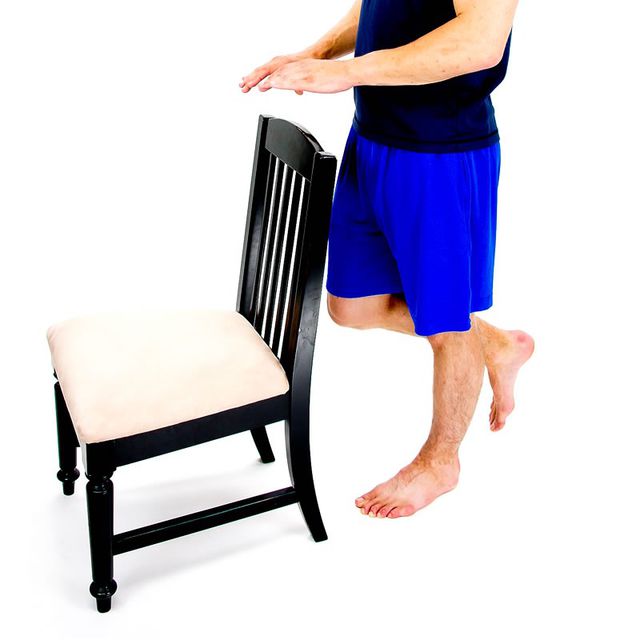 Why do falls happen? As we age our balance naturally declines but can also be impacted by a range of other health conditions. Worryingly a third of people aged 65 and over have a fall each year – which is far too many in our opinion! Suffering from any form of neurological condition, having diabetes, taking certain medications, experiencing a stroke or even having an ear infection can all negatively impact our balance. Additional reasons to explain why falls occur more frequently as we age can include;
How can exercise help? Thankfully, we can slow the rate of decline and even improve our balance through exercise and balance specific training! Exercise can improve our strength, cognitive ability, reaction times and as a bonus it improves our mental health and also decreases our risk of developing chronic conditions like diabetes, osteoarthritis, Cardiovascular disease and many more! How much exercise do I need? The Australian physical activity guidelines recommend completing 150 minutes of structured, moderate intensity activity per week. This time can be broken up throughout the week into 5 thirty-minute sessions or whatever is most achievable for you! What exercise is best? A combination of balance and strength training is best to decrease the risk of falls. Balance training Is exercises or movements that involve;
Strength training
What to be careful of! Those who are at an increased risk of falls should be mindful when walking, particularly on uneven surfaces as these can sometimes cause us to trip over. The best approach is to increase our lower body strength and balance before heading out for long strolls around town, or increase our confidence when walking by using a walker or walking stick for extra stability in a safe and controlled environment (like your passage at home)! Falls are the number one cause of mortality and morbidity in older adults, so come in and let us help you improve your balance! If you have any questions, give us a call or book online for further individualised assistance. Aleisha Michael Accredited Exercise Physiologist
0 Comments
Your comment will be posted after it is approved.
Leave a Reply. |
AuthorSLisa Parkinson Archives
July 2024
Categories
All
|

 RSS Feed
RSS Feed